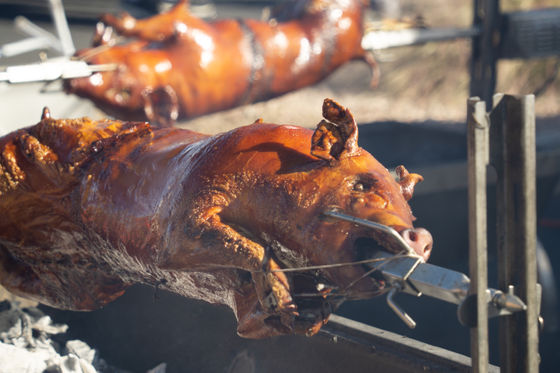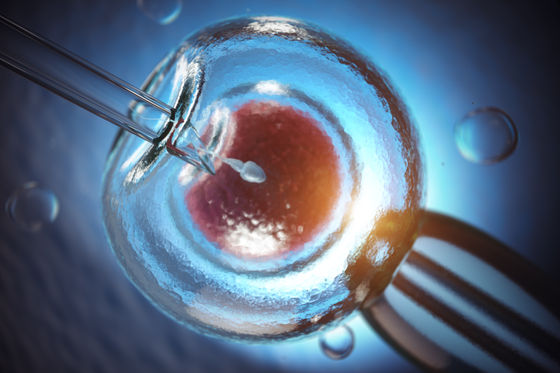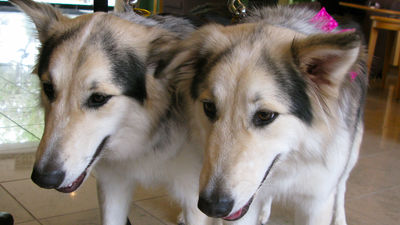China succeeds in the world's first 'fully automated clone pig creation using AI'

A research team at Nankai University's Artificial Intelligence Academy in China announced that it has developed the world's first method for fully automatic creation of cloned pigs using AI.
Chinese scientists produce world's first pigs cloned entirely by robot | South China Morning Post
Scientists in China have successfully cloned pigs using only AI in a world first
https://interestingengineering.com/cloning-pigs-only-using-ai
The South China Morning Post, a daily English newspaper published in Hong Kong, announced on June 2, 2022, 'A research team of researchers at Nankai University, such as Liu Yaowei, used a robot to fully automatically clone pigs. In March, seven healthy cloned pigs were born from surrogate mothers without human intervention. '
China is the world's largest producer of pork, but since it is a more consuming country, it imports a huge amount of pork from overseas, and the amount of pork imported in 2021 reached 3.31 million tons. Amid growing concerns in China that they are 'vulnerable to import restrictions from the United States and Western countries,' Liu and his research team have significantly increased pig production in China through an 'automatic pig cloning method' that uses AI. We expect to be fully self-sufficient in pork.

Although the pig clone itself is not new, human involvement has been required at various stages in the creation of cloned pigs. The typical process is
'Our AI-powered system calculates somatic cell distortion and allows the robot to complete the cloning process with minimal force, reducing manual cell damage,' Liu said. The success rate of manual somatic cell nuclear transplantation by humans is only 10%, but by automating the work with AI-controlled robots, the success rate of cloning embryo production is 21% in the past 5 years. It improved to 27.5% from. '

Experts also believe that the method developed this time has a great impact on the livestock industry because processes other than somatic cell nuclear transfer are automated. Pan Dengke, the founder of Chinese biotechnology company Chengdu Clonorgan Biotechnology, who was involved in the creation of China's first cloned pig in 2005, said, 'Robot cloning technology and cell micromanipulation technology are used for reproductive assistance. It may be used for a wide range of purposes such as breeding. ' According to Dengke, it is thought that eventually a 'cloning kit' that can be purchased by companies and research institutes will be realized.
Related Posts:







